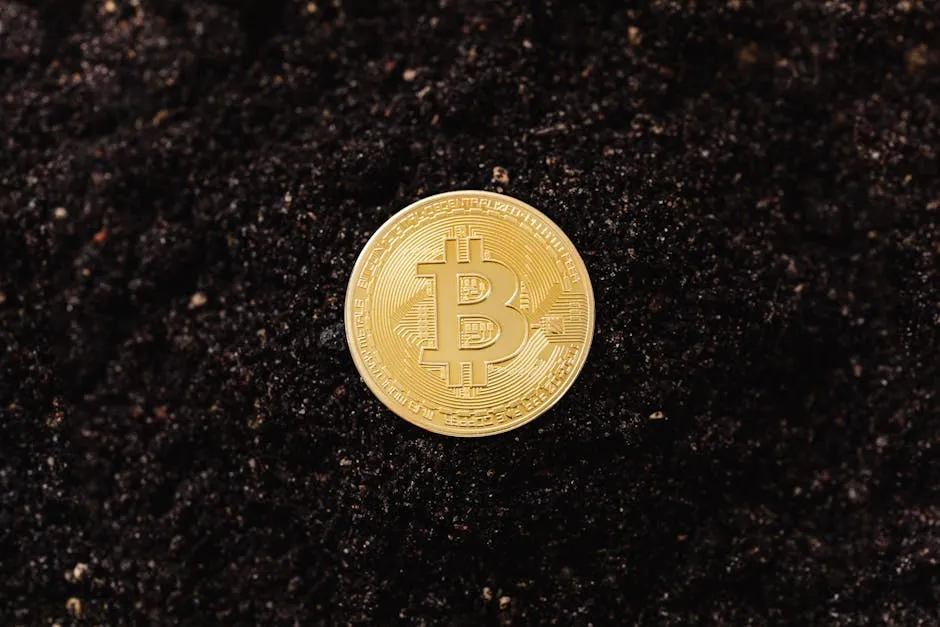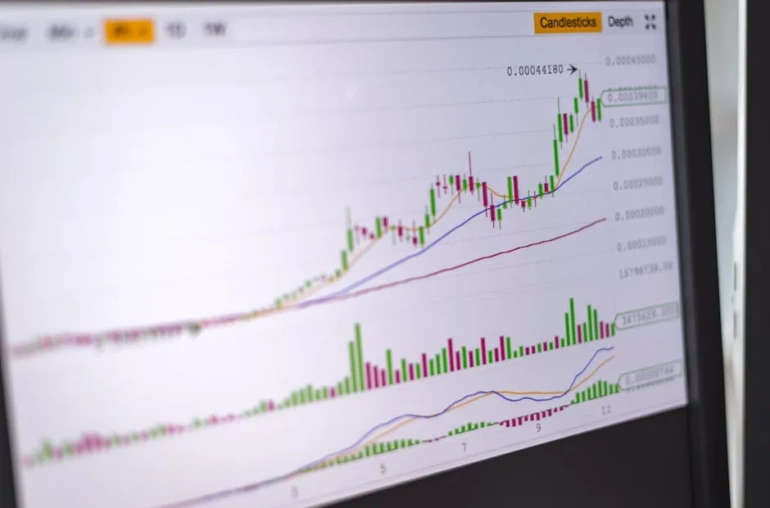
Understanding the Vision: Bitcoin as the Global Reserve Currency
In a world where financial systems are constantly evolving, the concept of a global reserve currency is more relevant than ever. Recently, Changpeng ‘CZ’ Zhao, the former CEO of Binance, shared his strong belief that Bitcoin (BTC) will rise to this prestigious status. His insights are particularly significant given the growing trend of companies and nations adopting Bitcoin into their financial strategies.
The Rise of Bitcoin Adoption
On August 29, during a discussion about the future of cryptocurrencies, CZ pointed out that the increasing adoption of Bitcoin by both corporations and governments is a clear indicator of its potential to become a global reserve currency. This trend isn’t just theoretical; it’s backed by concrete examples of companies integrating Bitcoin into their treasuries, enhancing the credibility of this cryptocurrency as a reliable store of value.
Factors Supporting Bitcoin’s Journey
Several key factors support CZ’s assertion that Bitcoin could become the global reserve currency:
- Decentralization: Unlike traditional fiat currencies, Bitcoin operates on a decentralized network. This means it is not controlled by any single entity, making it less susceptible to manipulation and inflation.
- Limited Supply: Bitcoin has a capped supply of 21 million coins, which contrasts sharply with fiat currencies that can be printed endlessly. This scarcity adds to Bitcoin’s appeal as a hedge against inflation.
- Increasing Institutional Adoption: Major financial institutions and corporations are beginning to recognize Bitcoin’s value. Companies are allocating portions of their treasuries to Bitcoin, which strengthens its position as a reliable asset.
- Global Transactions: Bitcoin allows for easier cross-border transactions. Its ability to bypass traditional banking systems makes it an attractive option for international trade.
Challenges Ahead
While the future looks promising for Bitcoin, it is essential to acknowledge the challenges it faces on its journey to becoming a global reserve currency. Regulatory scrutiny, market volatility, and the need for broader acceptance among mainstream financial systems are hurdles that need to be addressed.
The Path Forward
As we look to the future, the significance of CZ’s predictions cannot be understated. The potential for Bitcoin to become the global reserve currency hinges not only on its inherent qualities but also on the willingness of financial systems to adapt to a changing landscape. The more individuals and institutions adopt Bitcoin, the closer it gets to realizing this ambitious goal.
In conclusion, Changpeng Zhao’s belief in Bitcoin’s future as a global reserve currency is backed by observable trends in adoption and the fundamental characteristics of Bitcoin itself. As we continue to monitor the evolving landscape of cryptocurrency, one thing is clear: Bitcoin’s journey is just beginning, and its impact on the global economy may be more profound than we can currently imagine.



